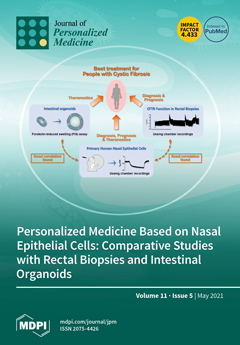Cognitive deficits influence the quality of life of Parkinson’s disease (PD) patients. In order to reduce the impact of cognitive impairment in PD, cognitive rehabilitation programs have been developed. This study presents a systematic review and meta-analysis regarding the effectiveness of cognitive rehabilitation
[...] Read more.
Cognitive deficits influence the quality of life of Parkinson’s disease (PD) patients. In order to reduce the impact of cognitive impairment in PD, cognitive rehabilitation programs have been developed. This study presents a systematic review and meta-analysis regarding the effectiveness of cognitive rehabilitation in non-demented PD patients. Twelve articles were selected according to PRISMA guidelines. The systematic review showed that attention, working memory, verbal memory, executive functions and processing speed were the most frequently improved domains. Meta-analysis results showed moderate effects on global cognitive status (
g = 0.55) and working memory (
g = 0.50); small significant effects on verbal memory (
g = 0.41), overall cognitive functions (
g = 0.39) and executive functions (
g = 0.30); small non-significant effects on attention (
g = 0.36), visual memory (
g = 0.29), verbal fluency (
g = 0.27) and processing speed (
g = 0.24); and no effect on visuospatial and visuoconstructive abilities (
g = 0.17). Depressive symptoms showed small effect (
g = 0.24) and quality of life showed no effect (
g = −0.07). A meta-regression was performed to examine moderating variables of overall cognitive function effects, although moderators did not explain the heterogeneity of the improvement after cognitive rehabilitation. The findings suggest that cognitive rehabilitation may be beneficial in improving cognition in non-demented PD patients, although further studies are needed to obtain more robust effects.
Full article





